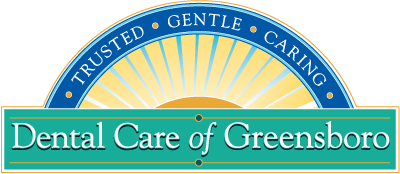If you walk up and down the tooth care aisle in search of dental care products, you’ll find two primary varieties of mouthwash: alcohol-based and non-alcohol. So what are the benefits of each type of mouthwash, and which is best for you?
All About Alcohol-Based Mouthwashes
If you’ve used alcohol-based mouthwash, you’ll remember that slight burning sensation. While ethanol, the alcohol found in alcohol-based mouthwashes, effectively kills superficial bacteria and reduces plaque buildup, it can’t reach and eliminate the harmful bacteria deep beneath your gum line.
The main benefit of using an alcohol-based mouthwash is combating harmful plaque bacteria, which wards off tooth decay and gum disease, and keeps your breath feeling clean and fresh. However, even small amounts of alcohol in your mouthwash can harm the soft tissues in your mouth. Moreover, alcohol is a drying agent, reducing saliva production and leaving you with dry mouth, a condition known as xerostomia. Since saliva flushes out bacteria and keeps the mouth fresh, overusing alcohol-based mouthwash can harm your oral health instead of enhancing it.
All About Alcohol-Free Mouthwashes
If you’re wondering how alcohol-free mouthwashes can eliminate harmful oral bacteria, they do so using other ingredients such as chlorhexidine gluconate or cetylpyridinium chloride (CPC). Some also come with fluoride, which helps keep your teeth strong and helps reduce tooth sensitivity. Keep in mind that alcohol-free mouthwash is safer for restorations such as dental fillings. So if you’re in the market for an alcohol-free mouthwash, you’ll be able to find one that freshens your breath and improves your oral health!
Which Mouthwash Is Right For You?
With all the different mouthwash options out there, it’s often a challenge to decide which one is the best for you. In most cases, it comes down to your personal preference and what you’re comfortable with. However, some patients benefit more from avoiding the alcohol content in mouthwash. That’s the case if you have sensitive gums, burning mouth syndrome, diabetes, or dry mouth. Moreover, not enough studies exist to establish the safety of any amount of alcohol for an unborn baby.
Healthy Habits for Healthy Smiles
While rinsing with mouthwash helps promote healthy smiles, it is not a substitute for brushing and flossing. We recommend brushing your teeth thoroughly at least twice a day for at least two minutes, flossing at least once a day, consuming a healthy and balanced diet, drinking plenty of water, and visiting Dental Care of Greensboro for your twice-a-year dental exams and cleanings. Maintaining healthy oral care habits will translate to long-term healthy smiles.
Quality Dental Care in Greensboro
Visit Dental Care of Greensboro to learn more about the best oral hygiene practices for long-term healthy smiles. We will evaluate your unique needs and recommend the type of mouthwash that works best for you. We will also offer tips on the best ways to care for the health of your teeth and gums. Call us and schedule your appointment today!
